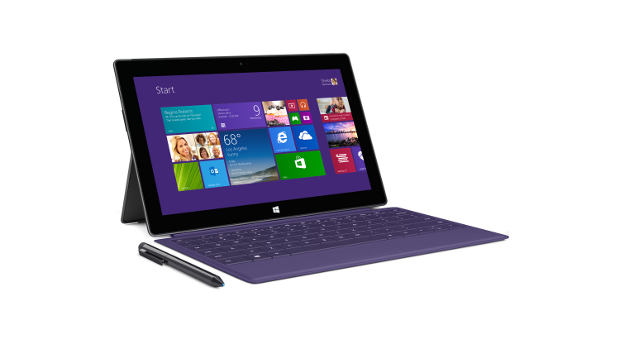 It is hard to know which way to go these days when it comes to IT hardware.
It is hard to know which way to go these days when it comes to IT hardware.
Whether it is tablets, PCs, smart phones or servers, there appear to be widely differing opinions as to what’s best.
Leo Apotheker thought that HP would be better following the IBM model and gradually divesting itself of its hardware units, beginning with the PC business. Incoming CEO Meg Whitman thought that was a bad idea and retained it.
However, this week, IBM appeared to copper-fasten the strategy by unloading its x86 server business to the same company it sold its PC business, Lenovo.
Oracle also bucked the trend when it bought Sun and kept the hardware end, and deepened its own commitment to hardware with pre-engineered systems such as Exadata.
Now we see Microsoft’s latest results that show it is selling Surface tablets in healthier numbers, but making a loss overall due to the unpopularity of the earlier models and a significant over-order that saw it book a huge write-down.
It was reported as far back as September last, that the company’s Surface revenue would be under greater scrutiny, and yet, it appears to have made about a $39 million loss on Surface in the quarter, according to The Register. The same source reports that Microsoft CFO Amy Hood on a conference call about the results did not answer when asked how many Surface devices would need to be sold to break even.
All of this comes in the context of ever tighter margins for device manufacturers across the board, with smart phones coming under increasing pressure. HTC’s recent experience being testament to the fact that things are tough if you aren’t Apple or Samsung. And that applies doubly so to Nokia, who recently posted a 17% fall in sales just as the deal for Microsoft to take over the smart phone unit is finalised.
Adding further to what is already a very complex picture then is the news reported again by The Register, that Microsoft has applied for and won a patent for a blade server and enclosure system.
So, what is Microsoft up to? Does Redmond see a trend whereby in the near future, devices and industry hardware is going to be the way to go in terms of profit? Or is that it has some overarching strategy that will require ever tighter integration with hardware across its range, from tablets to rack servers, to achieve its aim? Is the company planning on becoming a volume seller, or will the strategy be more about making a set of reference devices that will showcase capabilities of new operating systems, applications and services, but be of niche appeal? Google Nexus range anybody?
It is very hard to know at this point, but Microsoft seems to be able to absorb the pain for now, as Xbox sales in particular, as well as more than robust enterprise business performance reported shows that it is a very healthy company indeed.
But as the likes of IBM goes one way, Oracle another, and Google and Microsoft yet another still, there appears to be no hard and fast rule about large technology companies and the approach to hardware. It is not a one size fits all strategy and several appear to be willing to plough on where it makes sense to do so.








Subscribers 0
Fans 0
Followers 0
Followers